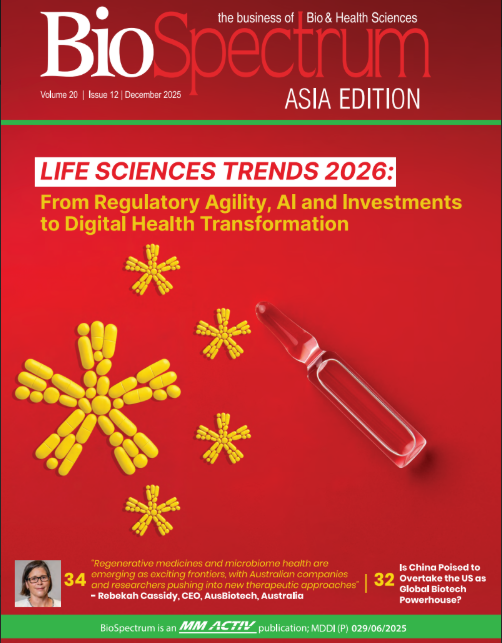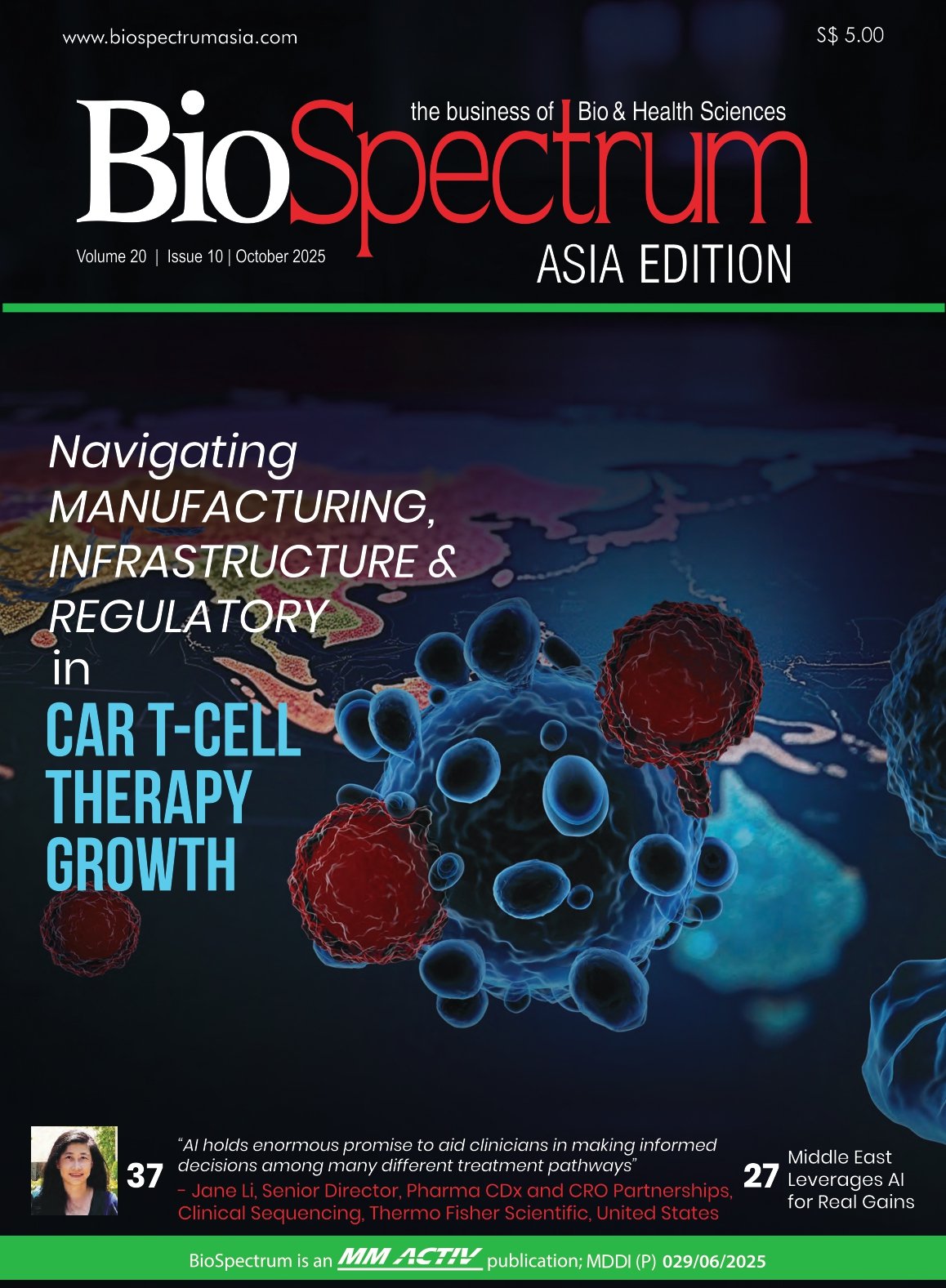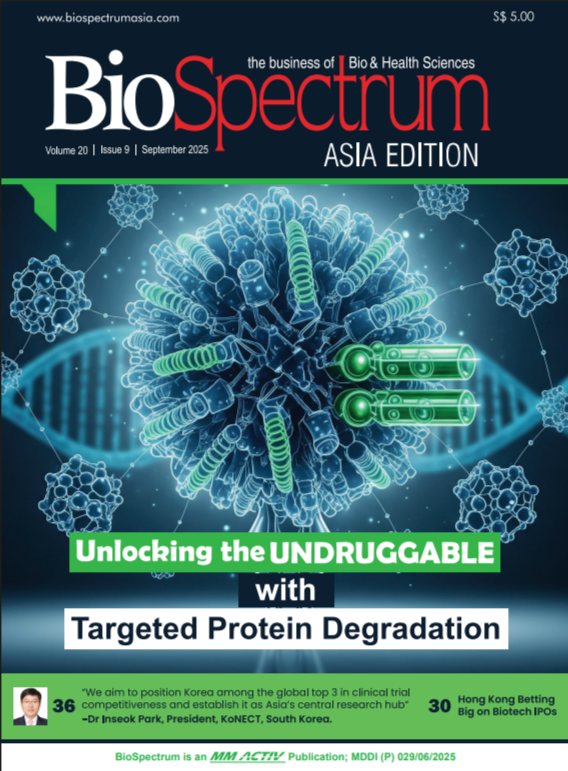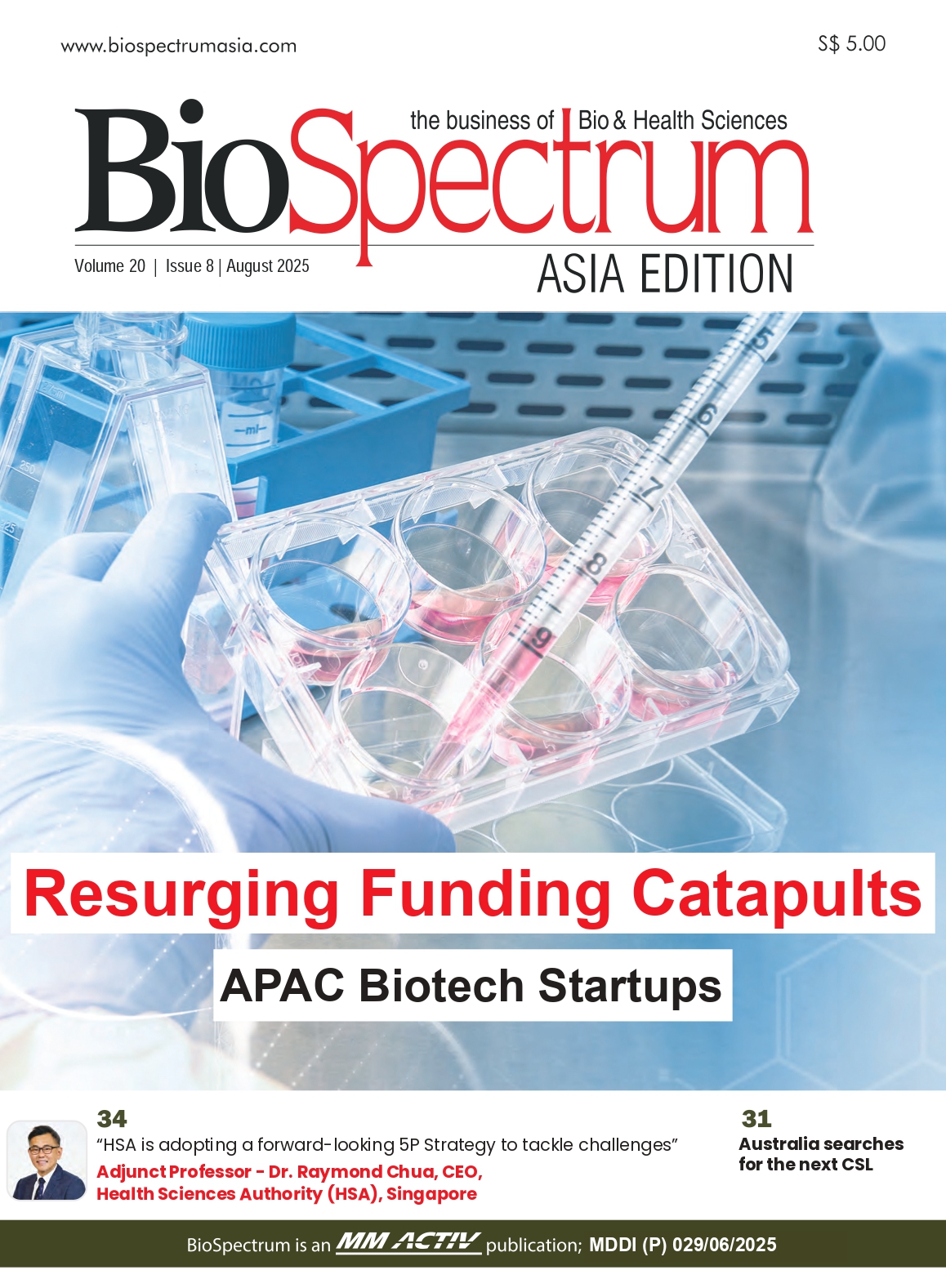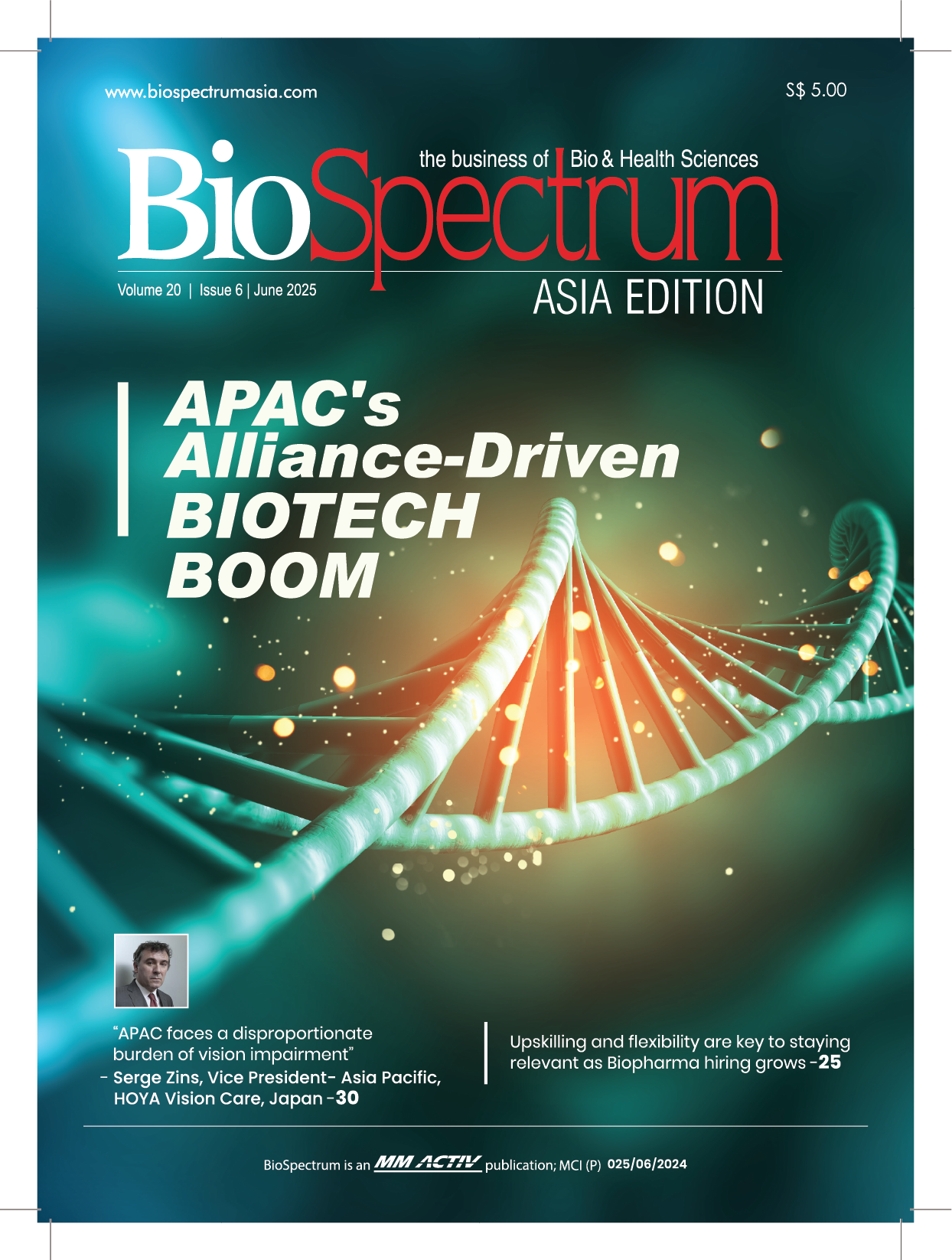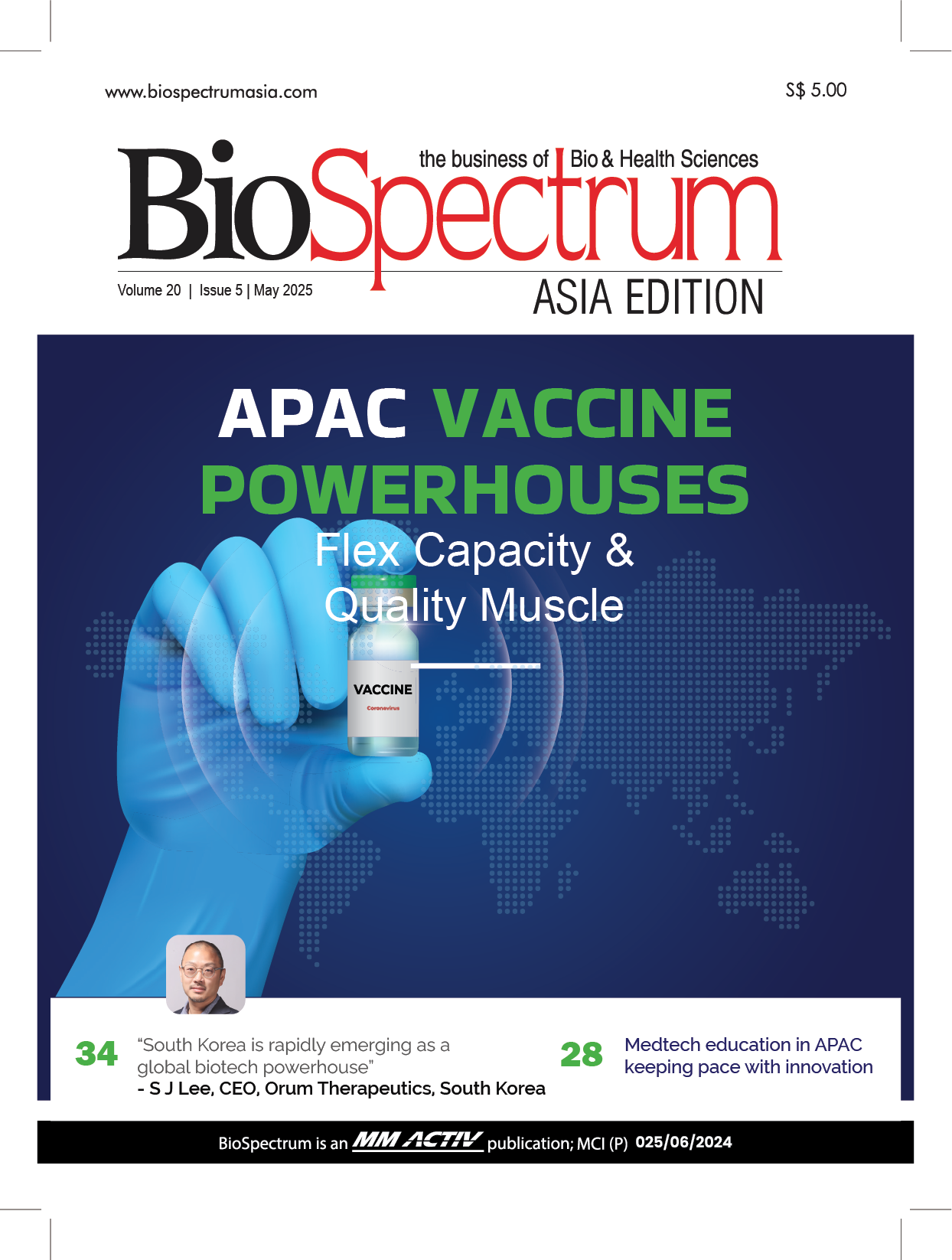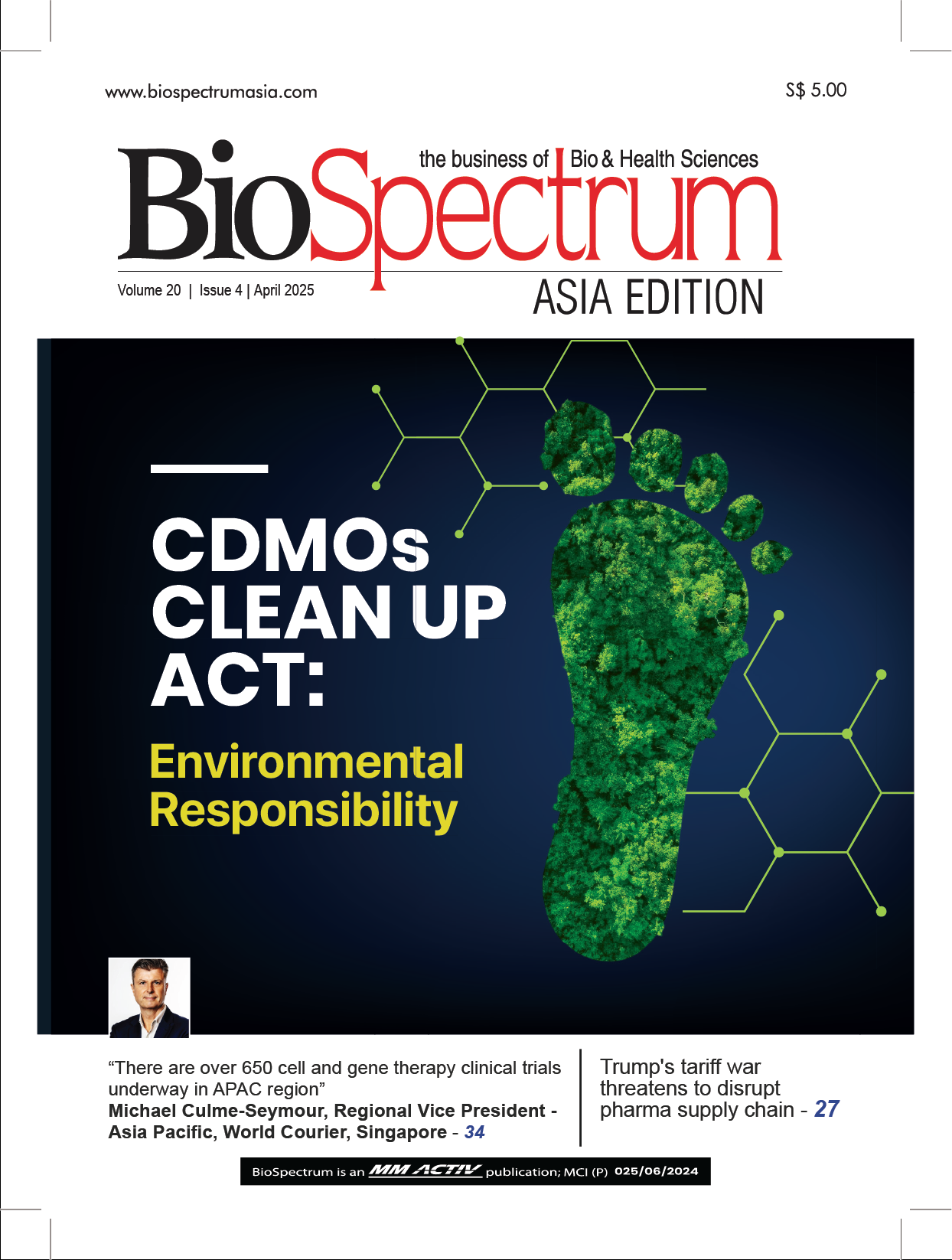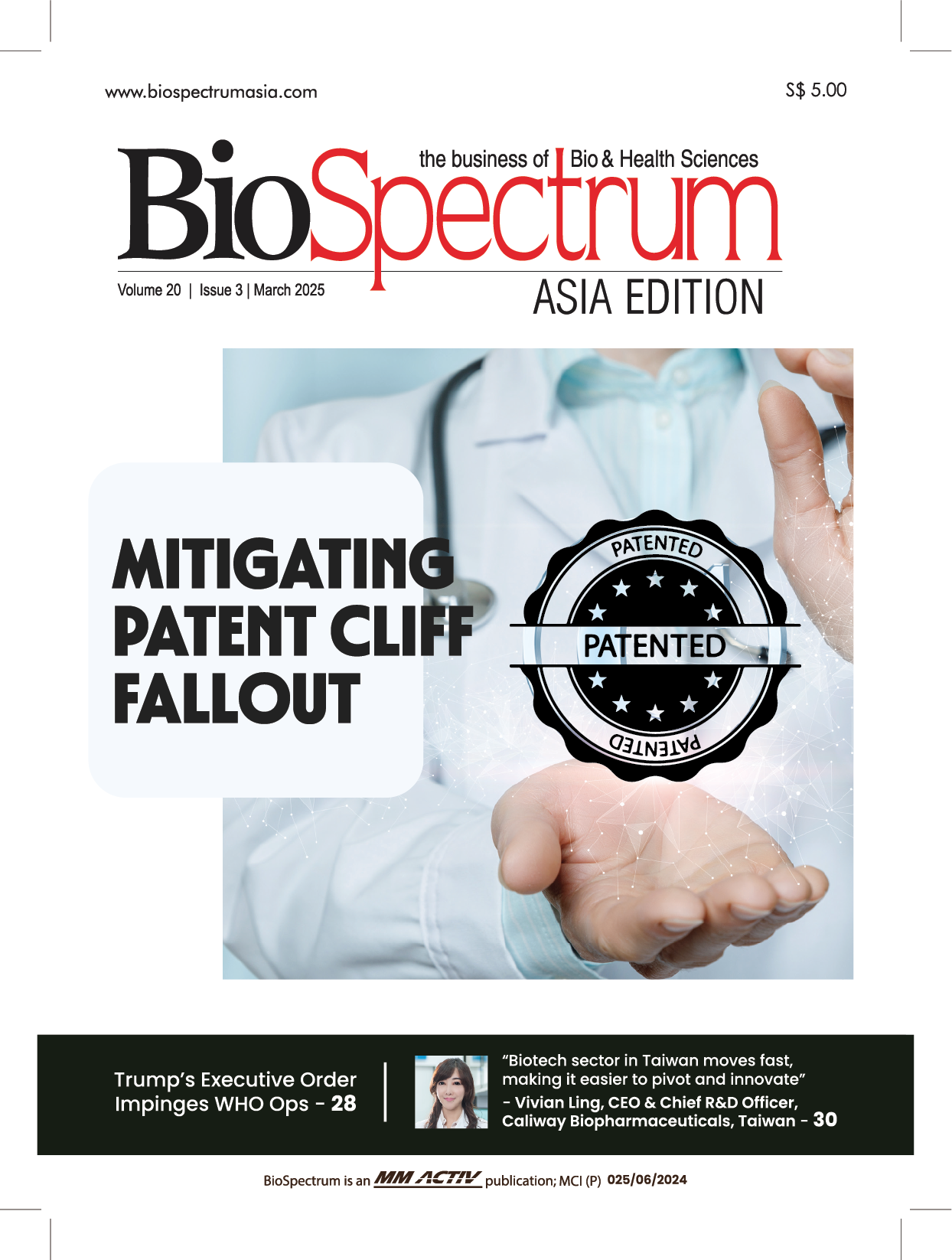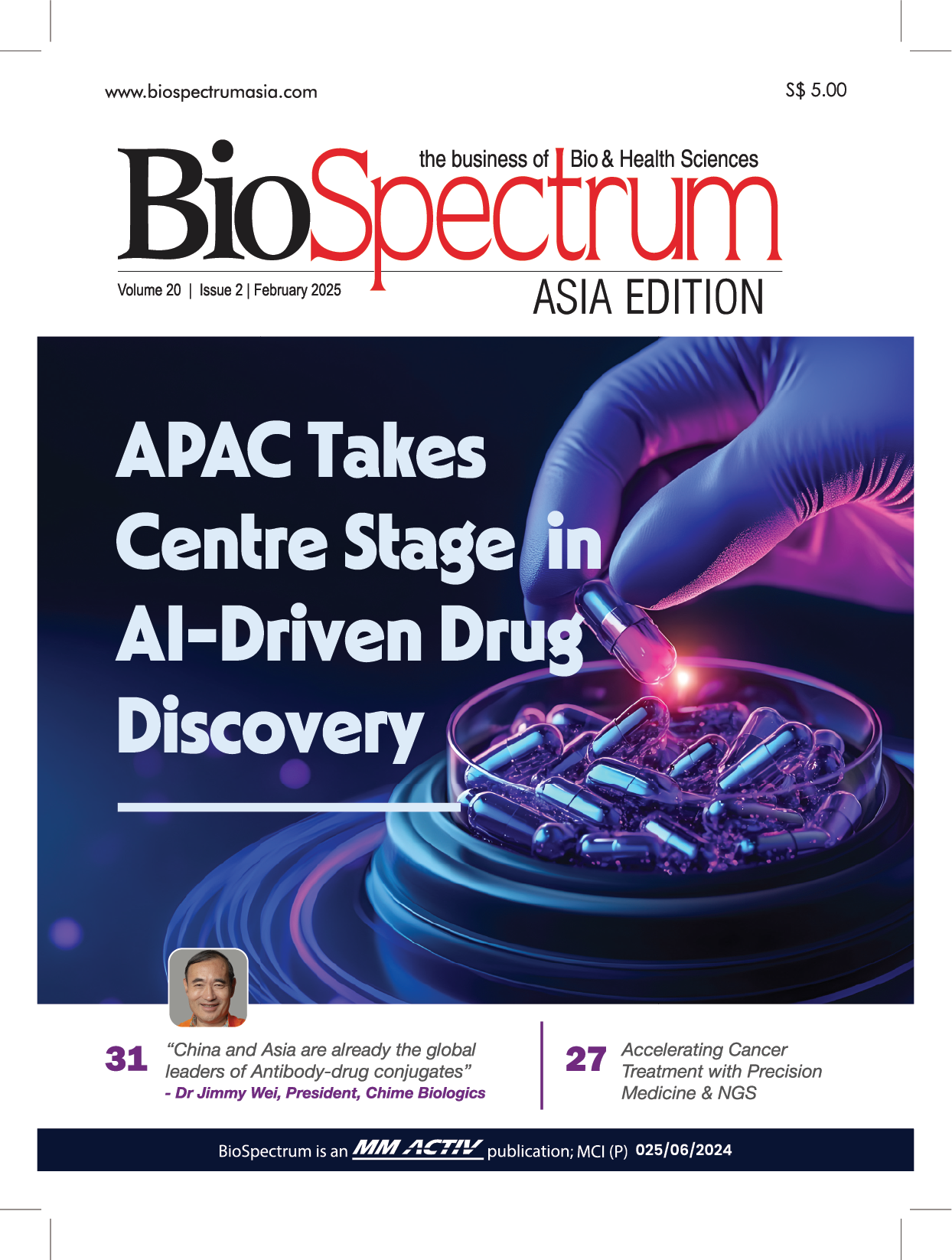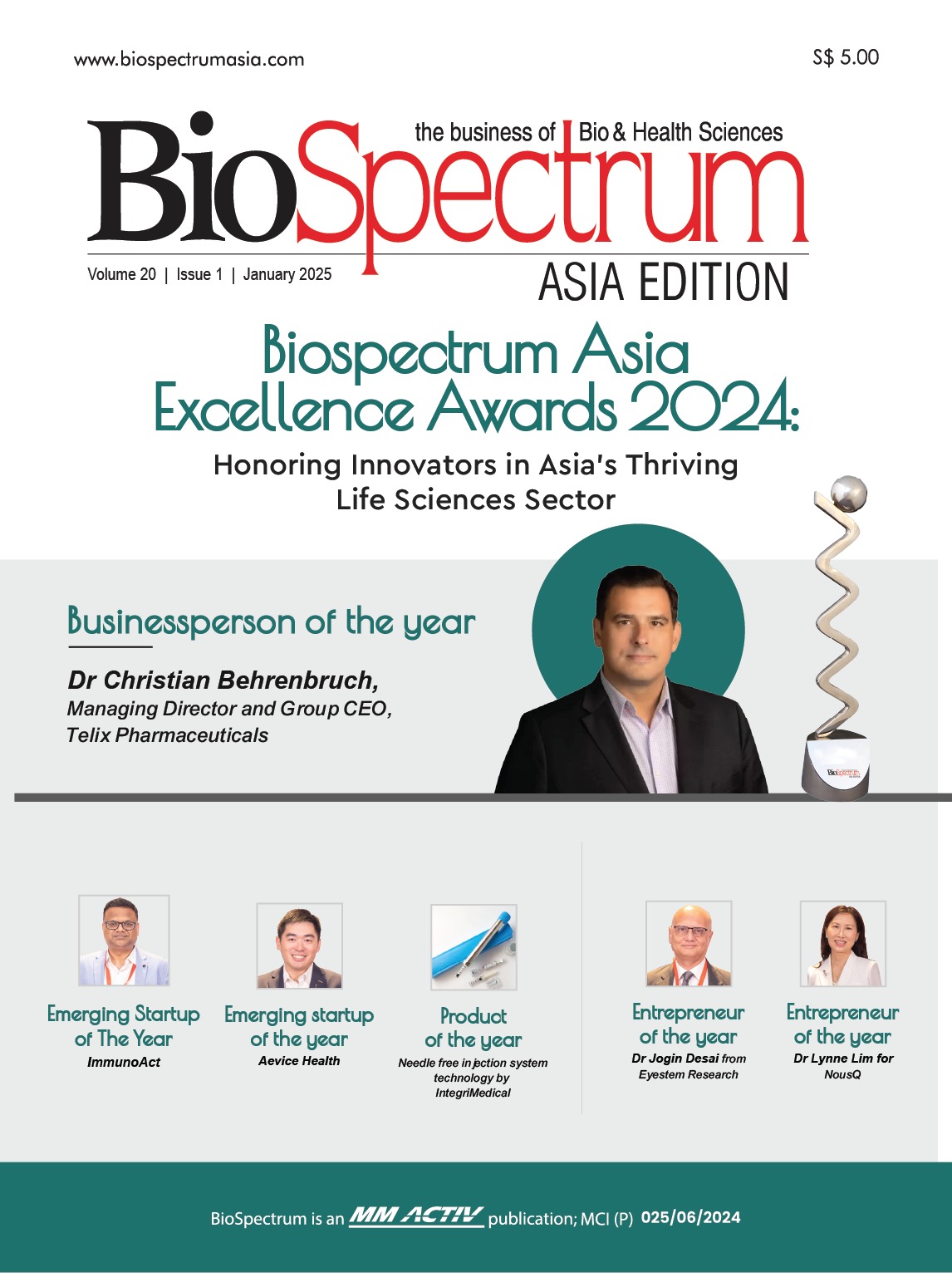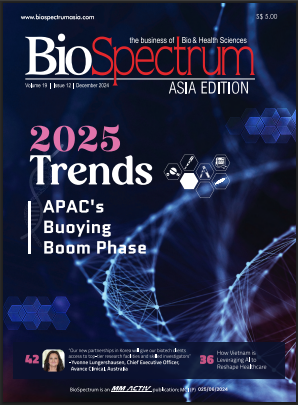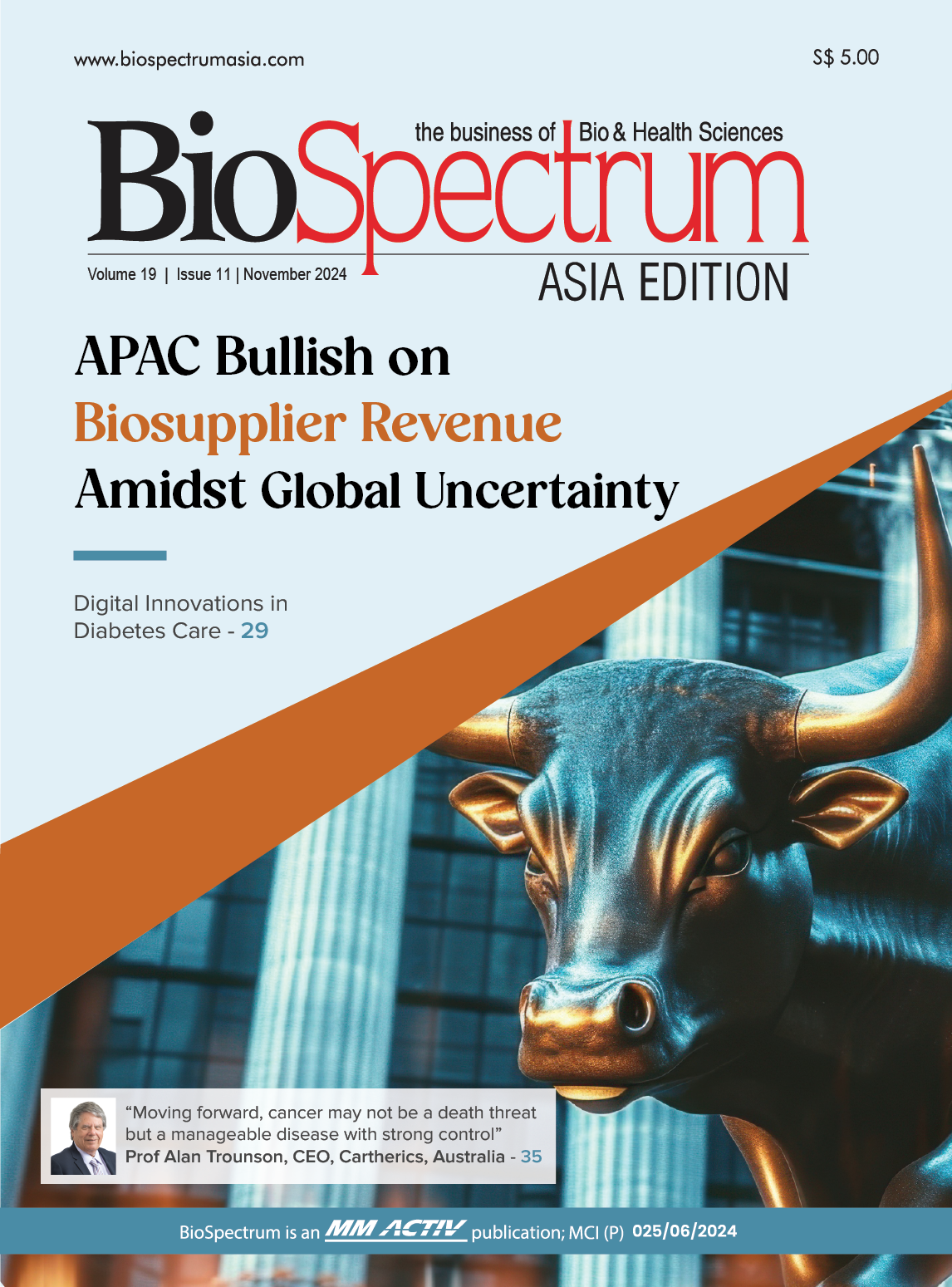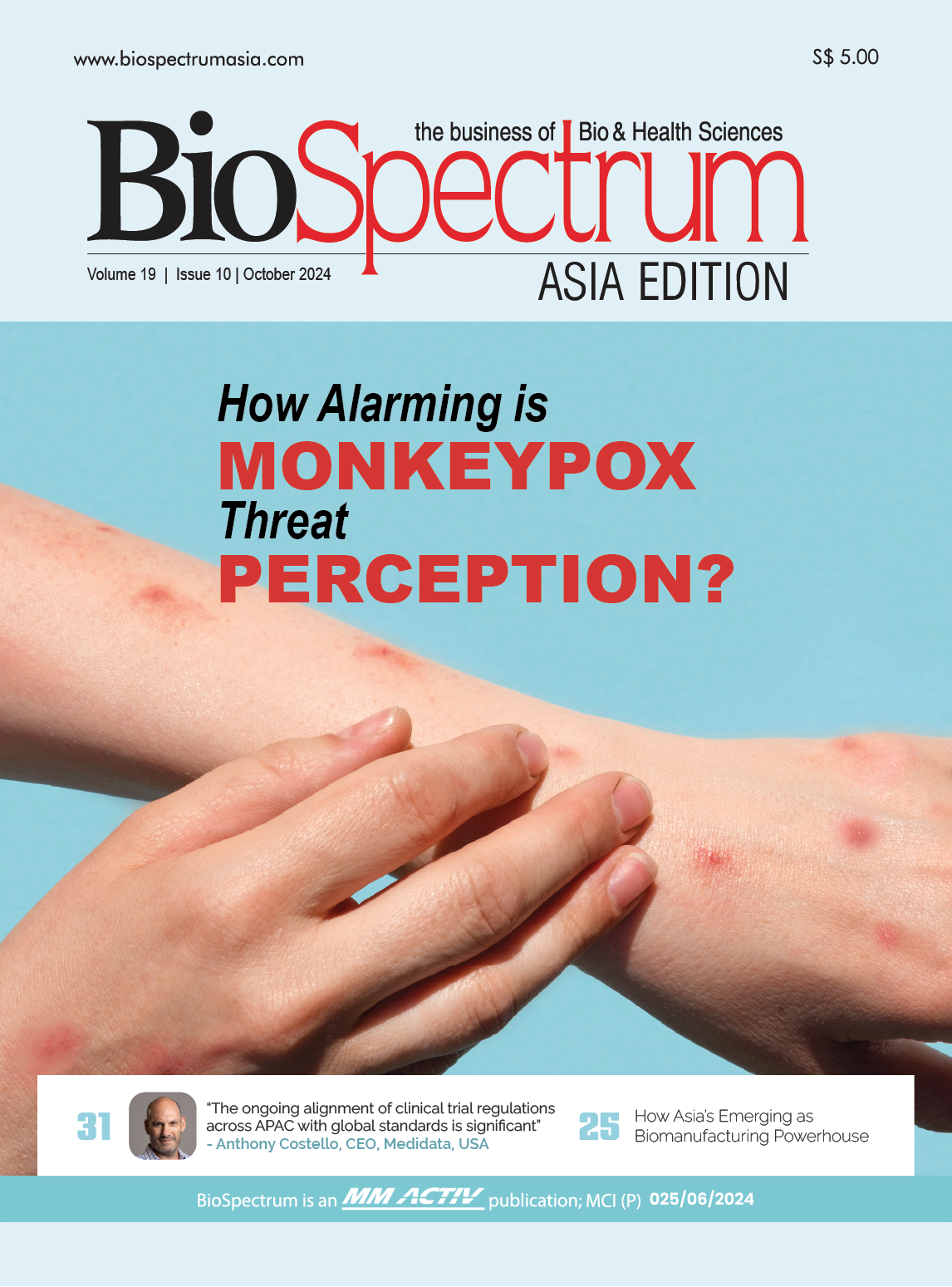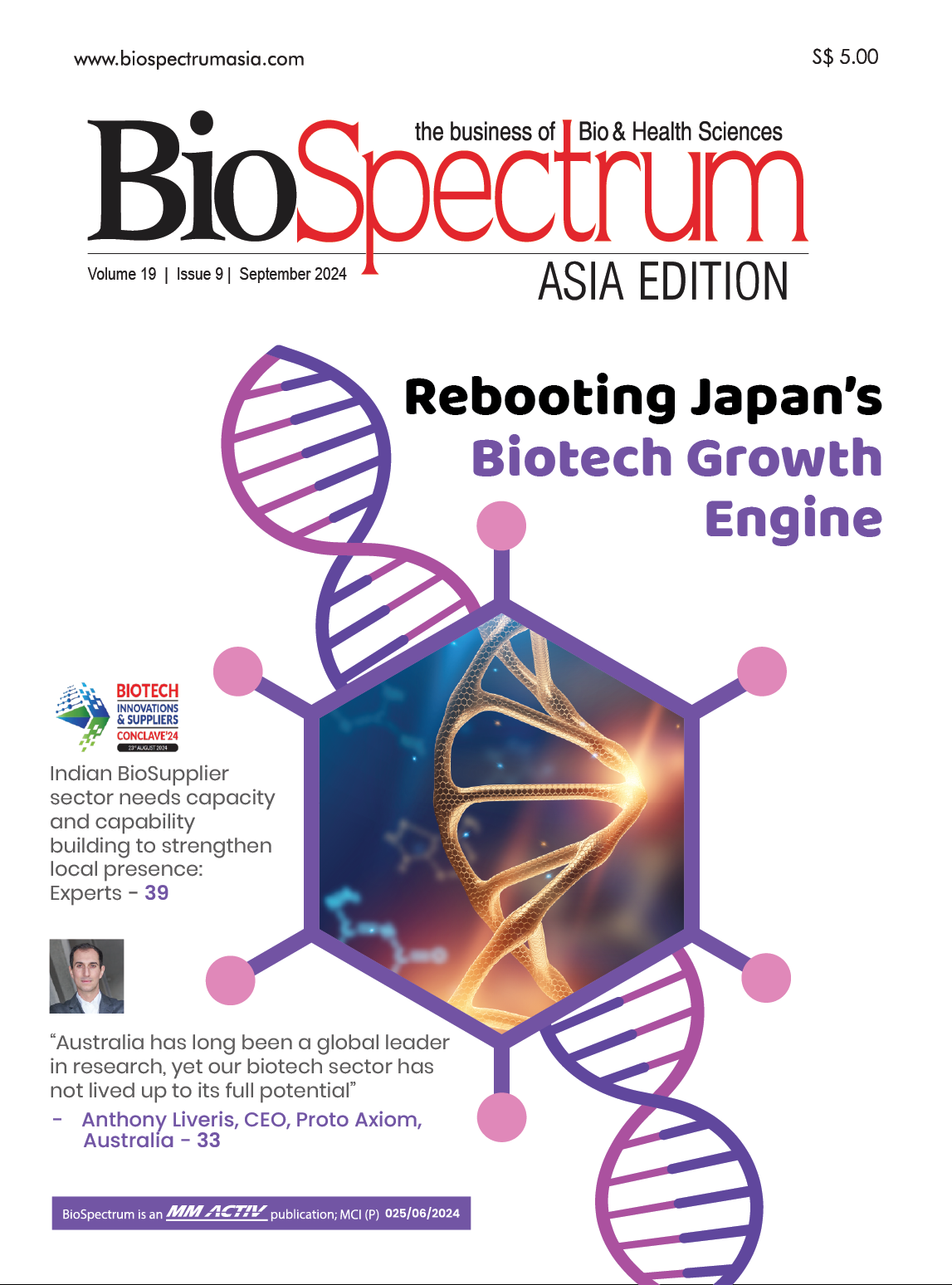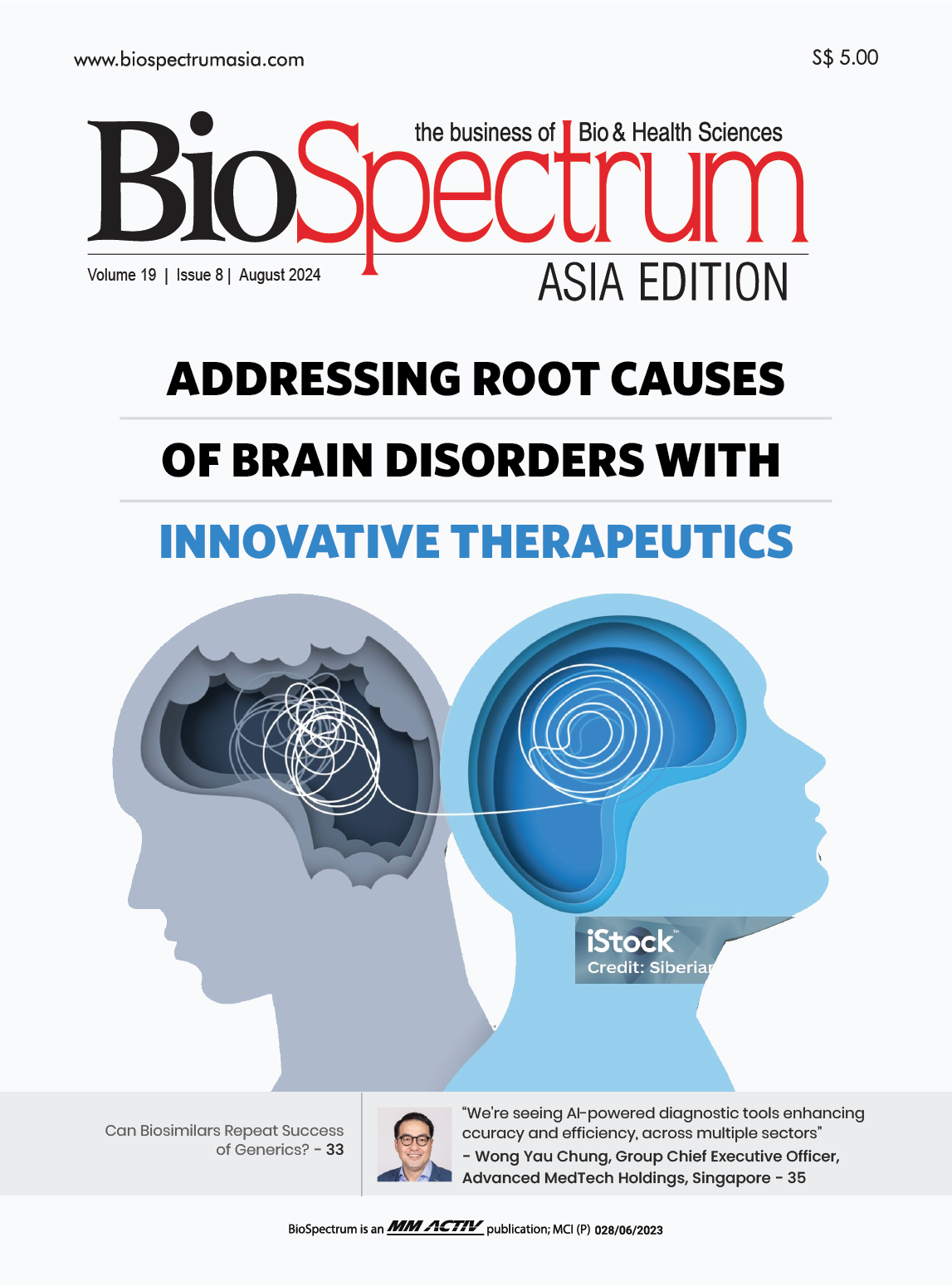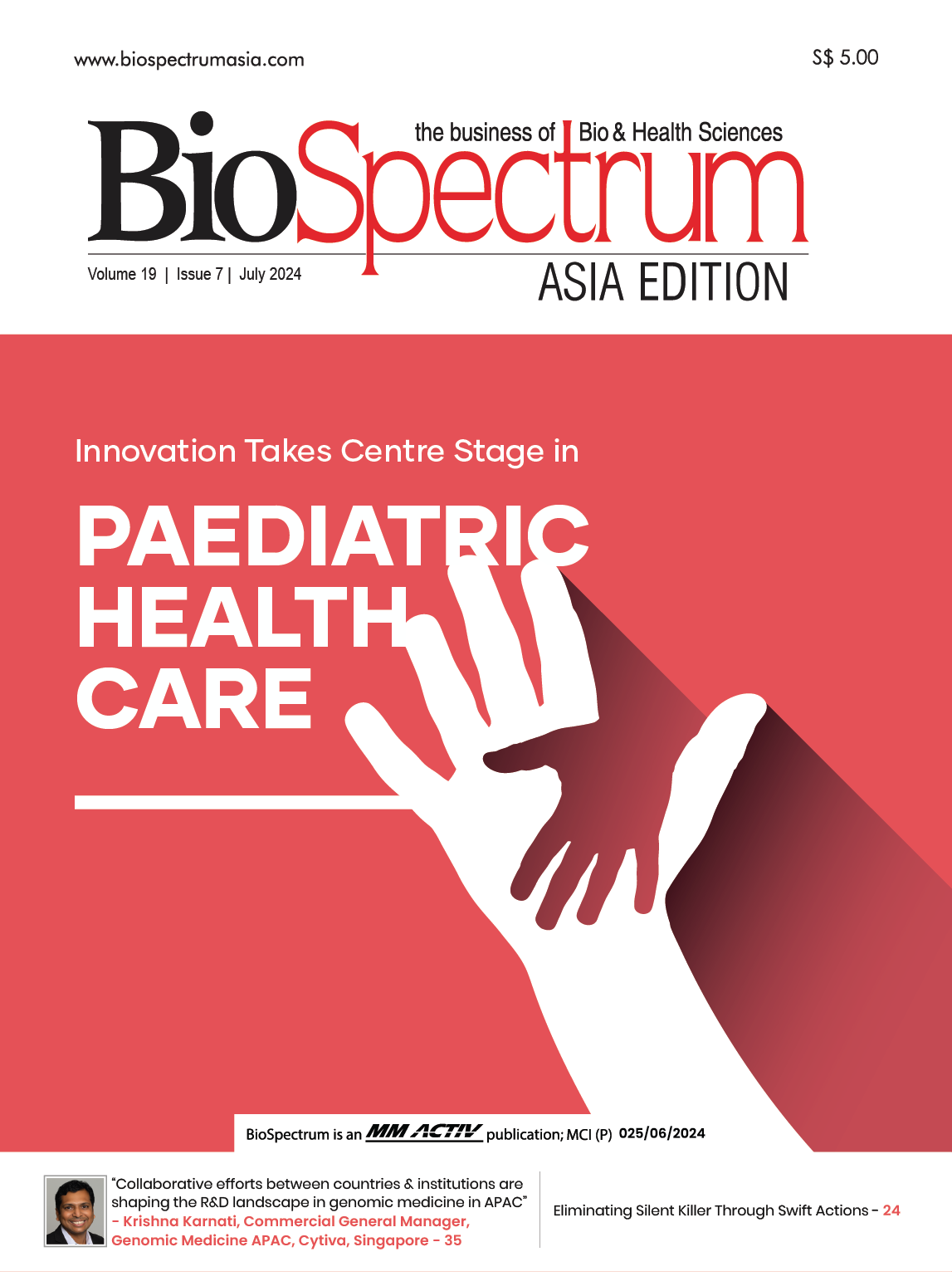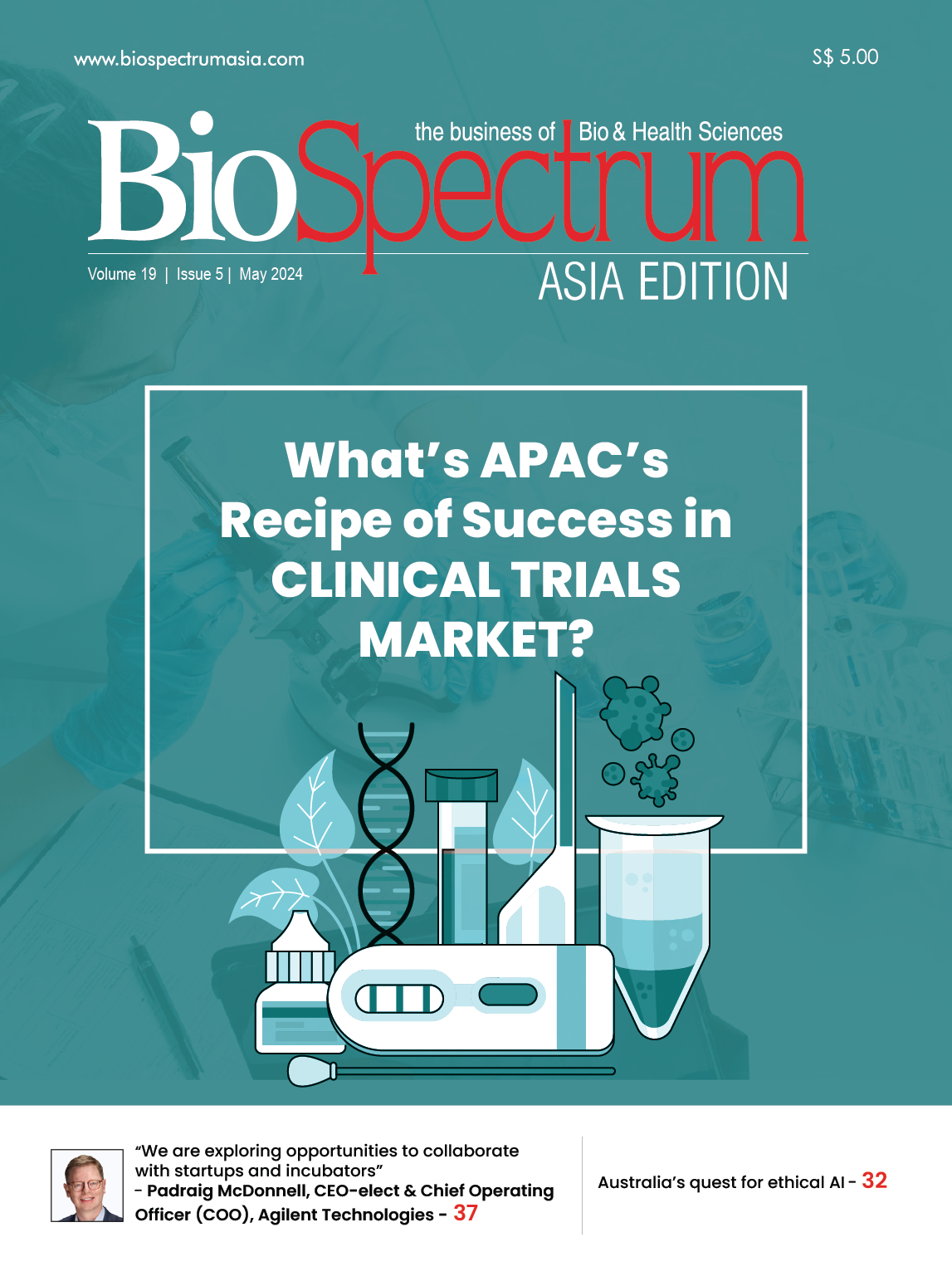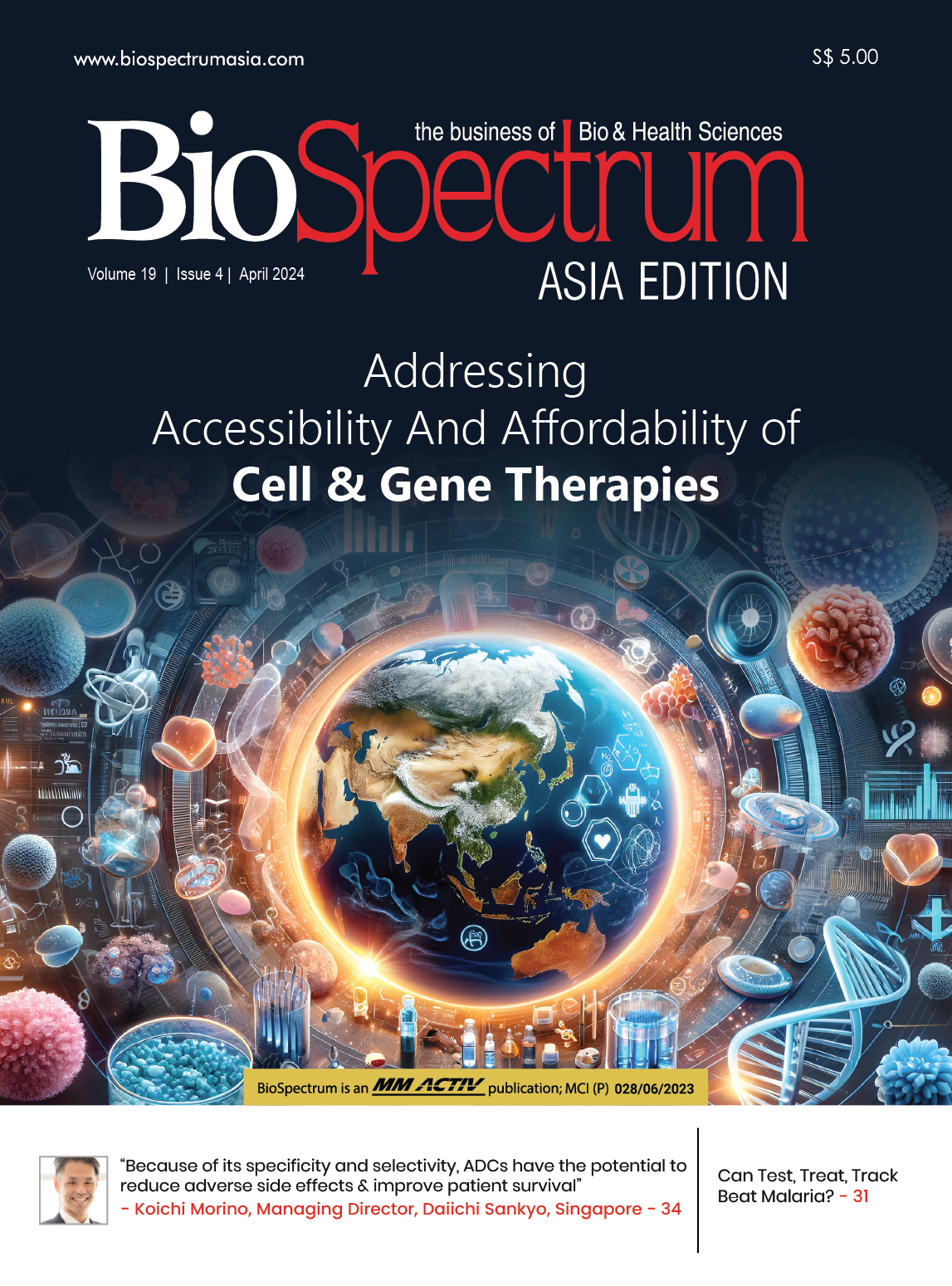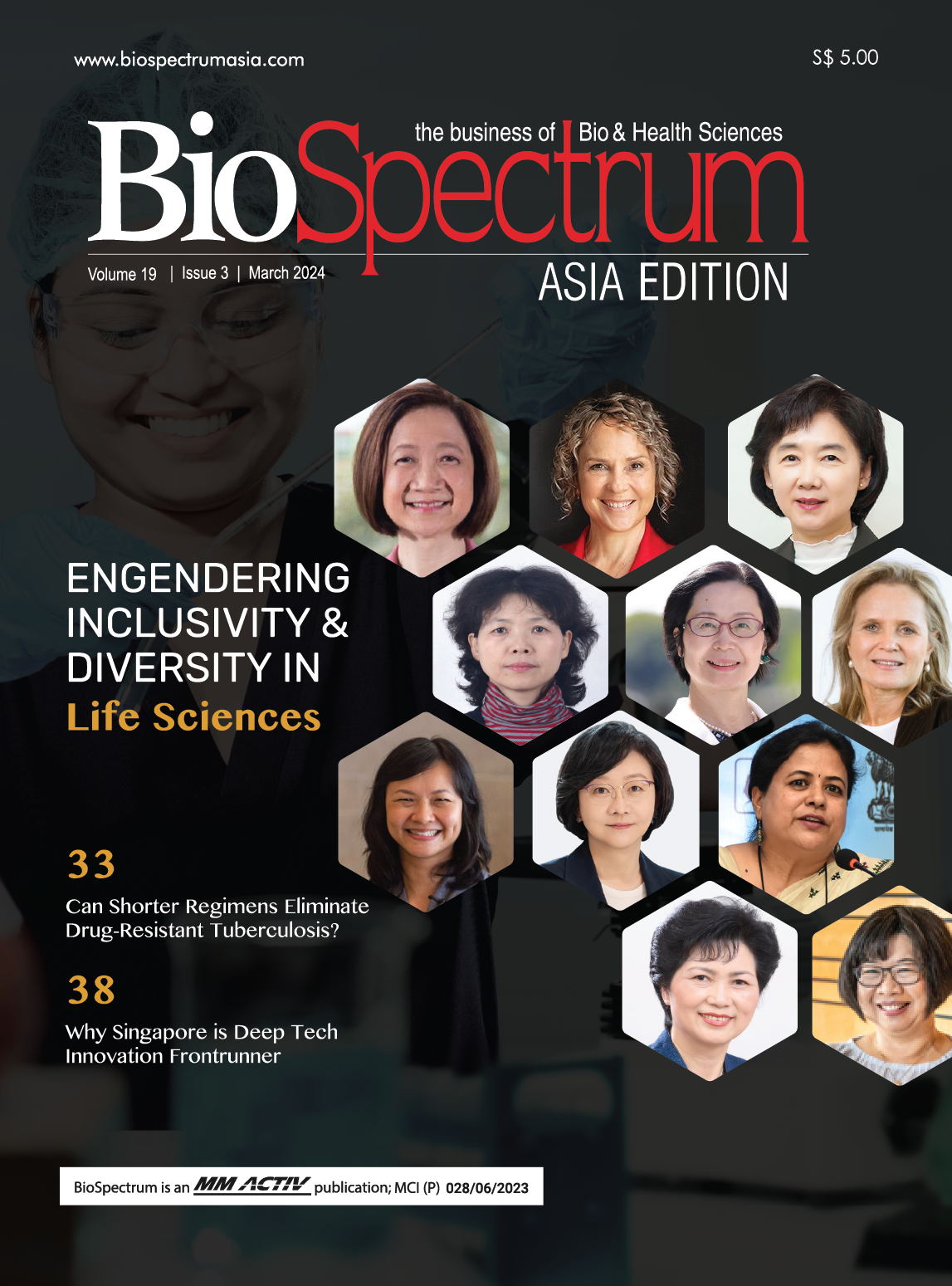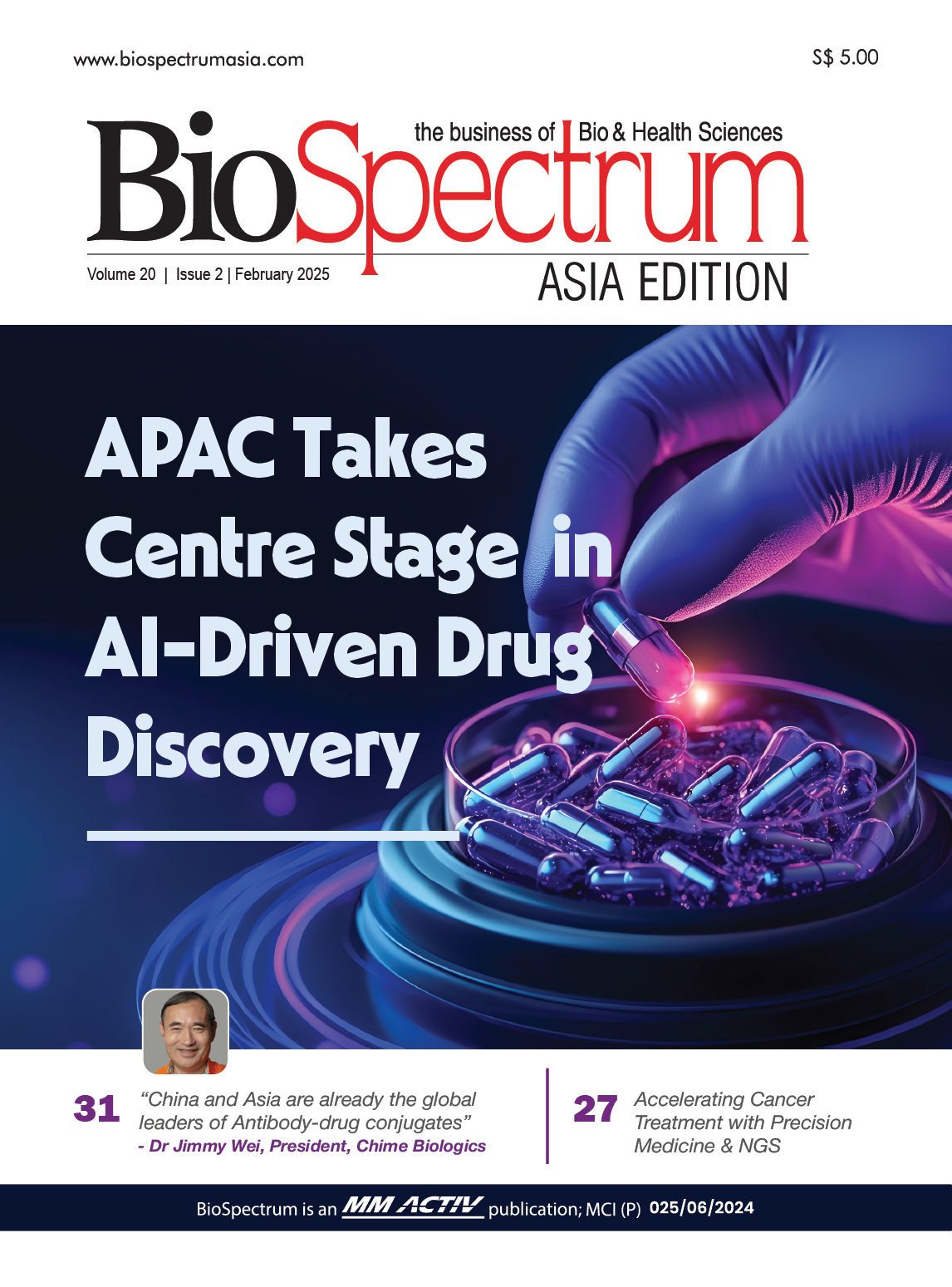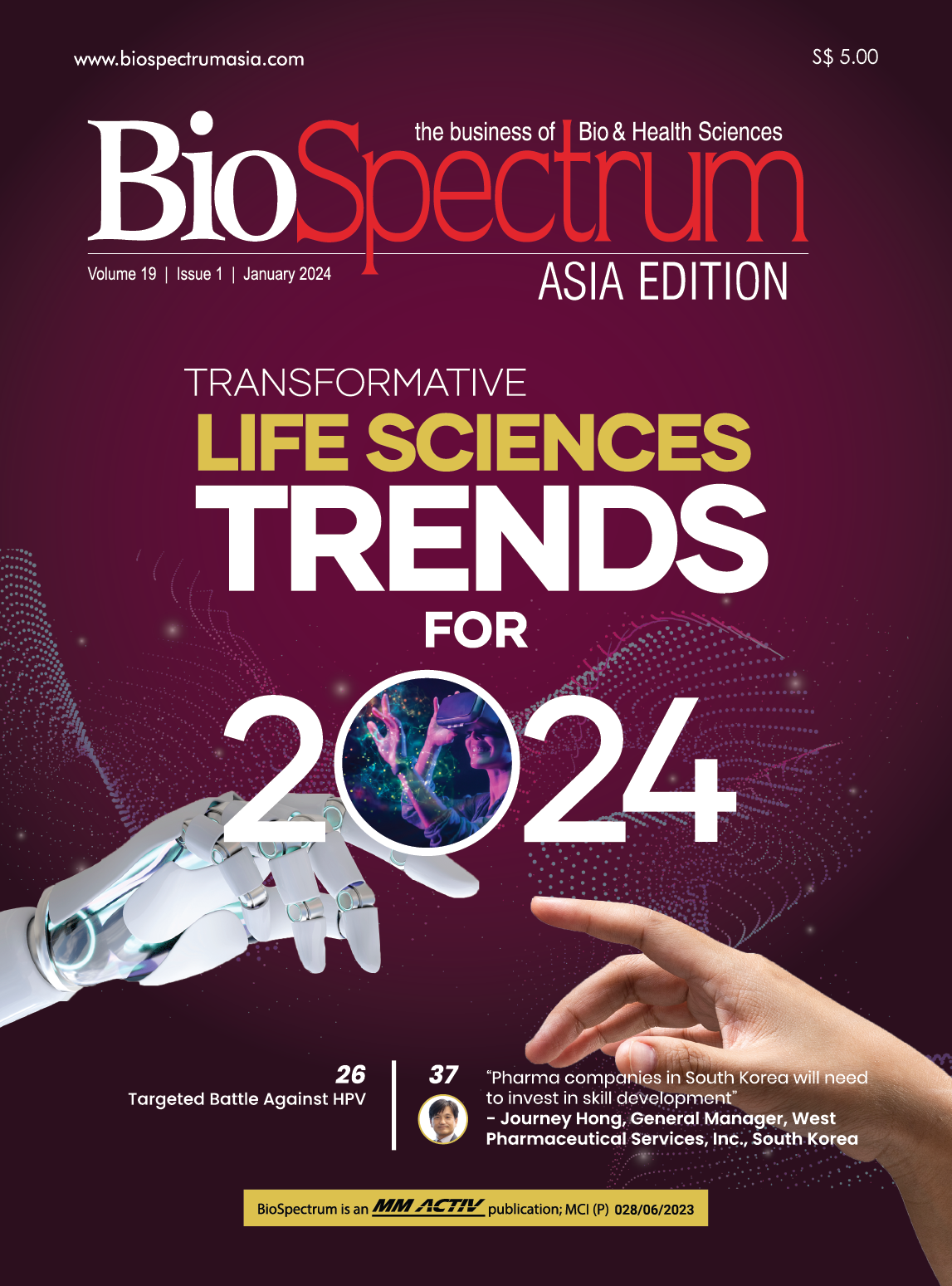The Future of mRNA Is Being Built in APAC
Beyond scientific advancement, mRNA represents a strategic opportunity shaped by policy stability, public investment and regional collaboration. Across APAC, governments are increasingly recognising that supportive regulatory frameworks and long-term funding can serve as powerful competitive advantages, attracting global capital and talent. While political dynamics in the United States have slowed momentum, experts emphasise that the science underpinning mRNA technology remains sound. To fully realise its potential, the region will need greater coordination across borders, including regulatory harmonisation and joint development pathways, to build a resilient mRNA ecosystem capable of addressing shared health challenges and driving long-term innovation.
Life Sciences Trends 2026: From Regulatory Agility, AI and Investments to Digital Health Transformation
As the curtains close on 2025, it’s time to reflect on how the year unfolded. BioSpectrum encapsulates some of the key trends for 2026, starting with the reigning behemoth, China. To understand what lies ahead for the life-sciences sector, BioSpectrum Asia spoke with analysts from across its major market segments. Their insights reveal key predictions spanning pharma, biotech, medtech, healthcare, digital health, and manufacturing. These forces are expected to define the region’s innovation, investment momentum, and regulatory shifts in the year to come. Let’s dive deeper.
Navigating Manufacturing, Infrastructure & Regulatory Hurdles in CAR T-CELL THERAPY GROWTH
CAR T-cell therapy is a highly personalised treatment that depends on a unique and complex manufacturing and delivery process to reach patients quickly and reliably. From leukapheresis to final product delivery, the process is continuous and timesensitive, posing significant operational challenges. How is the industry addressing them, and what steps are needed to build a sustainable manufacturing ecosystem? Let’s dig deeper.
Unlocking the UNDERDRUGGABLE with Targeted Protein Degradation
Targeted Protein Degradation (TPD) is an emerging therapeutic approach that allows the removal of disease-causing proteins once considered ‘undruggable’. These proteins, which make up almost 80 per cent of the human proteome, cannot be addressed using traditional small-molecule binding strategies. By making it possible to eliminate such challenging targets, TPD is opening new opportunities for drug development in cancer, immune conditions, and other hard-to-treat diseases, and is increasingly viewed as a cornerstone for future drug discovery. Today, TPD boasts three approved therapies, nearly 60 clinical stage assets, and around 200 active research programmes worldwide, according to a report from Nature. With big pharma pouring billions into partnerships, acquisitions, and platform deals, the field is entering a new phase of commercial maturity. In this story, we explore why TPD is commanding global attention from emerging biotech innovators in APAC to multinational players racing to secure the next blockbuster degrader.
Resurging Funding Catapults APAC BIOTECH STARTUPS
Asia-Pacific's biotech startup scene is on the cusp of a renaissance. After a tough 2024 marked by shrinking venture capital, 2025 is showing revived investor enthusiasm and a rebound in funding-especially for oncology, gene therapy, and Al-driven drug discovery. With 9,905 life sciences startups now active across the region, APAC Countries are leveraging scientific innovation, government support, and new incubators to move beyond service roles and develop world-class therapeutic assets. Let's take a closer look at Asia’s startup ecosystem, evolution of investor sentiment over the past few years, and buoying biotech areas.
Medical Advances Soar With APAC'S CLINICAL TRIAL GROWTH
It's a truth universally acknowledged that Asia-Pacific is a hotbed for clinical trials, with multiple reports confirming that it is the only region in the world to have seen a consistent surge in clinical trial activity. The Asia Pacific clinical trials market generated a revenue of $15.91 billion in 2023 and is expected to reach a projected revenue of $25.99 billion by 2030 at a compound annual growth rate of 7.3 per cent, according to the Grand View Research report. Between 2020 and 2025, China, India, Australia, Japan, South Korea, and Singapore emerged as key pillars of Asia-Pacific’s growing clinical trial ecosystem. Together, these six countries accounted for nearly 40,000 trials (39,843 in total). We take a close look at each country’s clinical trial landscape, examining who is leading in which phases, how domestic players compare to multinational sponsors, and which therapeutic areas are seeing the most activity. We also explore the challenges of running trials across such a diverse region. Let’s dive in.
APAC'S ALLIANCE-DRIVEN BIOTECH BOOM
Partnerships are a cornerstone of the biotech innovation process. COVID-19 acted as a catalyst, accelerating collaboration across the sector and prompting partnerships between established players for the first time. Since then, biotech alliances have become more diverse, frequent, and strategically important, especially in the Asia-Pacific (APAC) region. Biotech partnerships of APAC differ in a variety of ways from most global collaborations, primarily due to the unique geopolitical and socio-economic landscape of the region. The region has innovation hubs like Japan and South Korea as well as large, high-growth markets such as China and India. As China rapidly scales its biopharma capabilities, it is becoming both a key market and an innovator. This transformation has redefined regional deal-making, shifting the focus from technology transfer to co-development, shared commercialisation, and strategic alignment. APAC biotech deals are no longer early-stage R&D plays, they are beginning to span the full lifecycle, from bench to bedside, including commercialisation milestones. Let’s explore further the APAC's wave of regional biotech partnerships during the first five months of this calendar year ie. from January to May 2025.
APAC VACCINE POWERHOUSES Flex Capacity & Quality Muscle
Asia is the epicentre of global vaccine manufacturing, with India and China together supplying over a billion doses annually. Now, emerging players like South Korea, Singapore, and Australia are stepping up, investing in next-gen platforms and expanding capacity to meet global demand. Let’s map the manufacturing footprint of Asia’s leading vaccine manufacturers, tracking their current capacity, expansion plans, and the strategic shifts that are transforming the region into a global vaccine production hub.
CDMOs CLEAN UP ACT: Environmental Responsibility
Contract development and manufacturing organisations (CDMOs) are facing increasing pressure to reduce their environmental footprint. The Clean Up Act, which came into effect in 2024, requires companies to report their environmental impact and take steps to reduce it. This has led to a shift in the industry, with CDMOs investing in green technologies and processes to reduce their environmental impact.
Mitigating PATENT CLIFF Fallout
Monoclonal antibodies (mAbs) represent a $279.8 billion market, projected to reach $804 billion by 2033, according to a report from Dimension Market Research. With patents for many of these valuable drugs set to expire in the coming years, the industry faces significant challenges. In this story, we examine 11 blockbuster mAbs whose patents will expire between 2025 and 2030. These expirations, affecting some of pharma's biggest players, will have a major impact on the market and their revenue streams.
APAC takes Centre stage in AI-Driven Drug Discovery
The Asia-Pacific (APAC) region is rapidly emerging as a leader in AI-driven drug discovery, fuelled by robust research ecosystems and strong industry collaboration. Substantial investments, cutting-edge technologies, and strategic partnerships are optimising drug development efficiency. As Artificial Intelligence (AI) has become more embedded into many facets of everyday life, it has become an indispensable part of the drug discovery landscape. 2024 was the year of reckoning when AI in drug discovery received the highest validation—three researchers who leveraged the neural network AI programme AlphaFold to predict protein structures won the Nobel Prize in Chemistry. The industry is pushing ahead, using tech to make the business of drug development faster, safer, and more economical. Morgan Stanley estimates that AI's use in drug development could lead to 50 more successful treatments over a decade, potentially creating a $50 billion market. Let’s explore the region's efforts in accelerating drug development through AI.
BioSpectrum Asia Excellence Awards 2024:Honouring Innovators in Asia's Thriving Life Sciences Sector
Asia has, indeed, become the new hub for growth and innovation, with no signs of losing steam. To recognise the Asian companies and individuals for their commendable performance and achievements during 2023 and 2024, BioSpectrum Asia Excellence Awards 2024 ceremony was held at Hotel Fort Canning in Singapore on December 6, 2024. These awards are an extension to observe and highlight the winners in the long battle against the world's emerging health problems and to find solutions. BioSpectrum Asia has taken up the enviable role of identifying and highlighting tomorrow's winners. These awards, we hope, will encourage today's entrepreneurs to better their past successes, while honouring yesterday's stalwarts who played a key role in their success.

